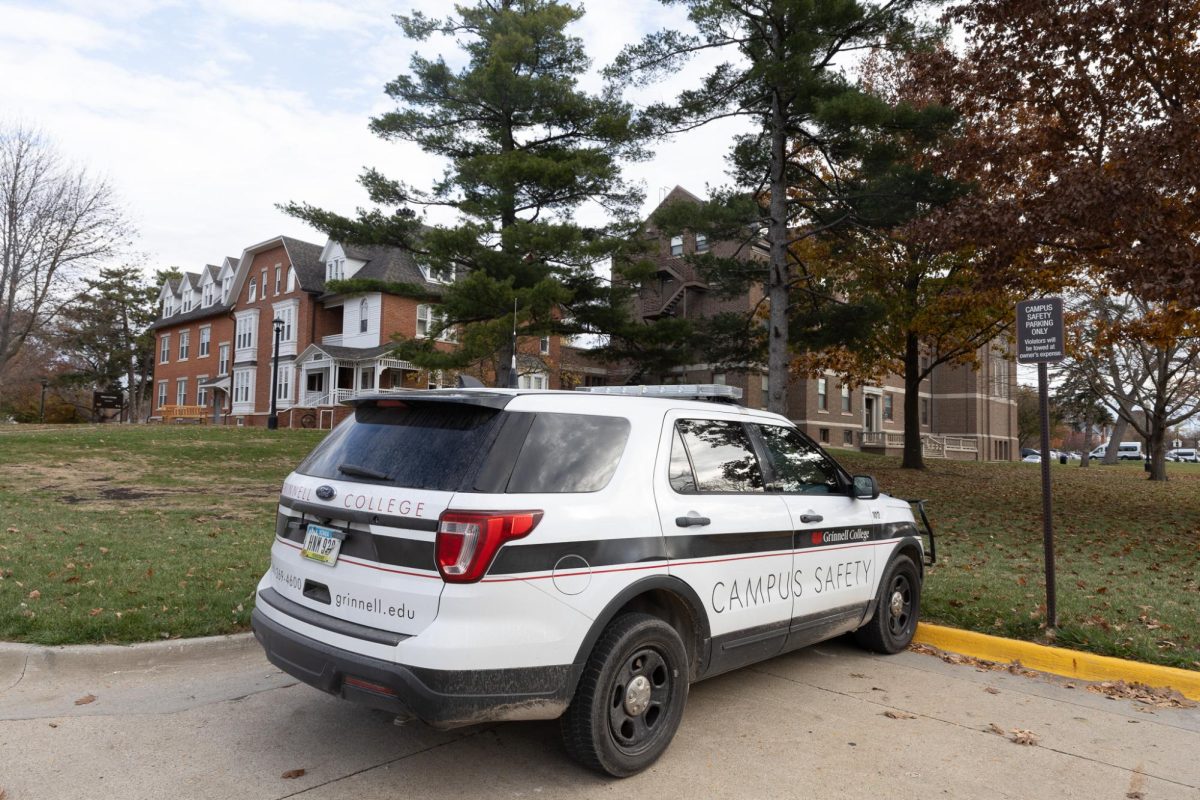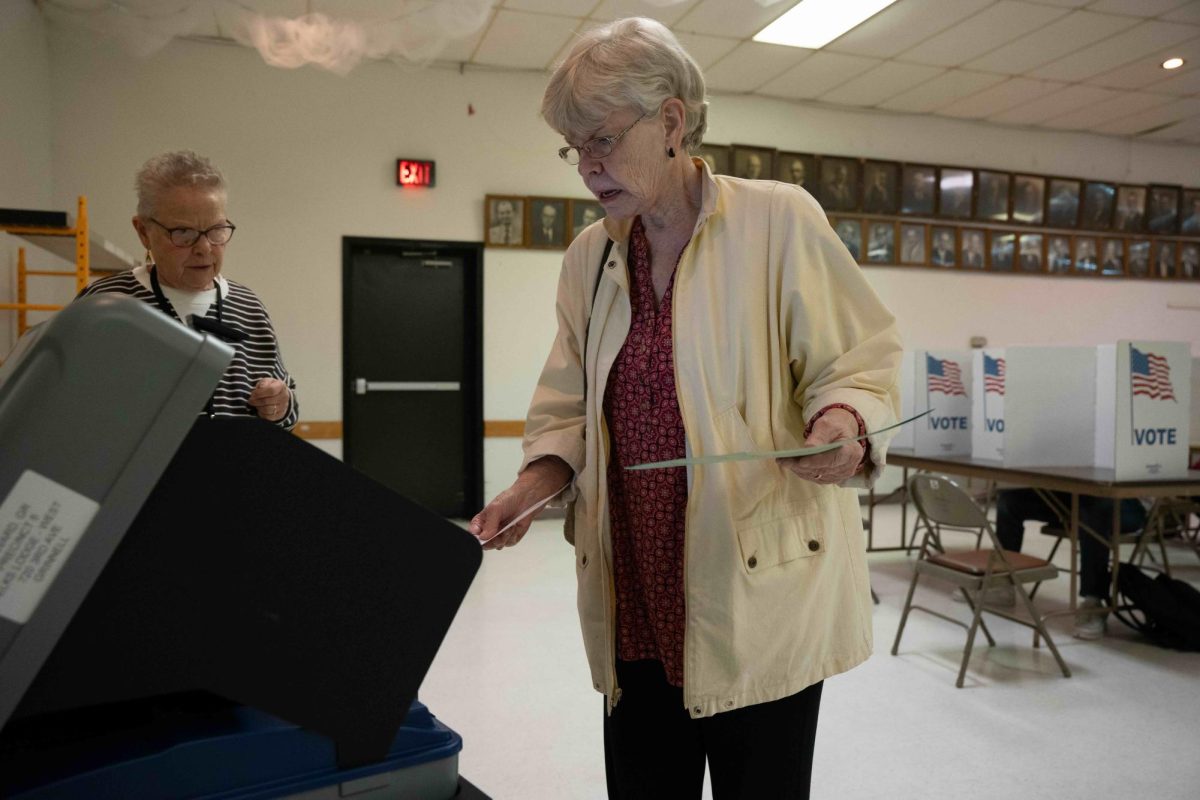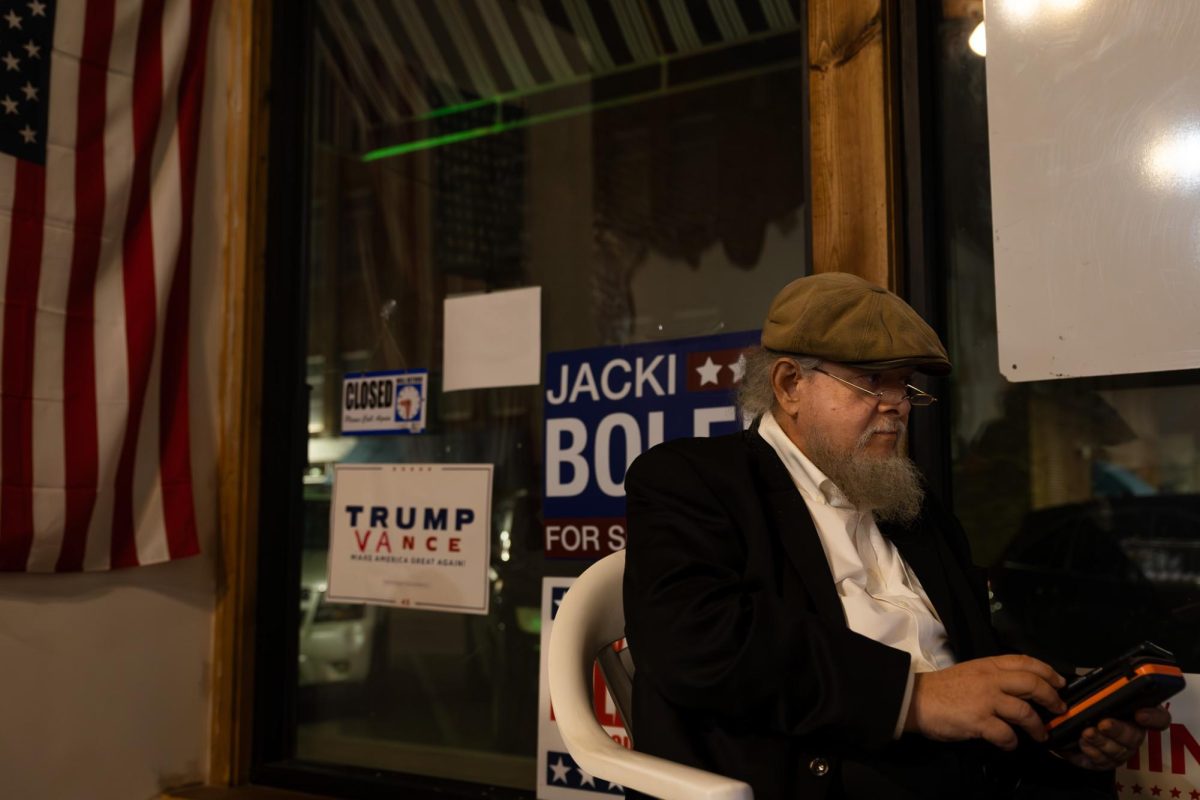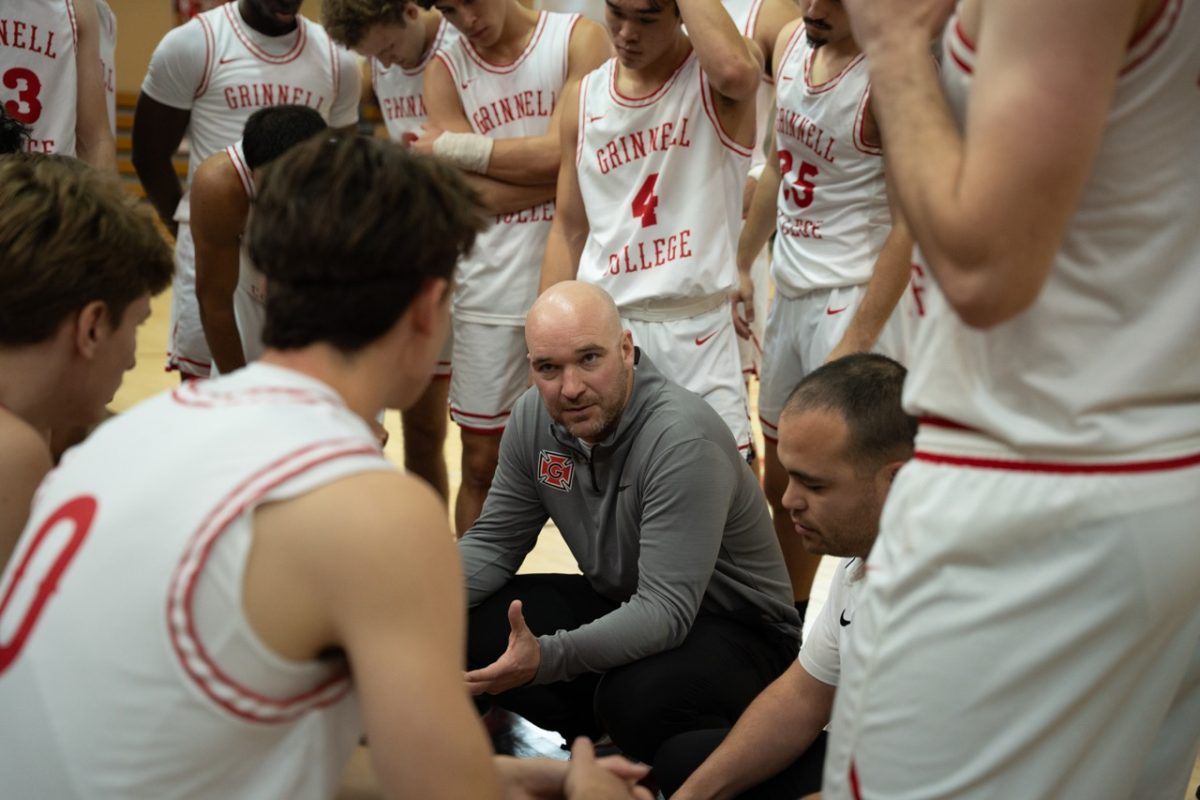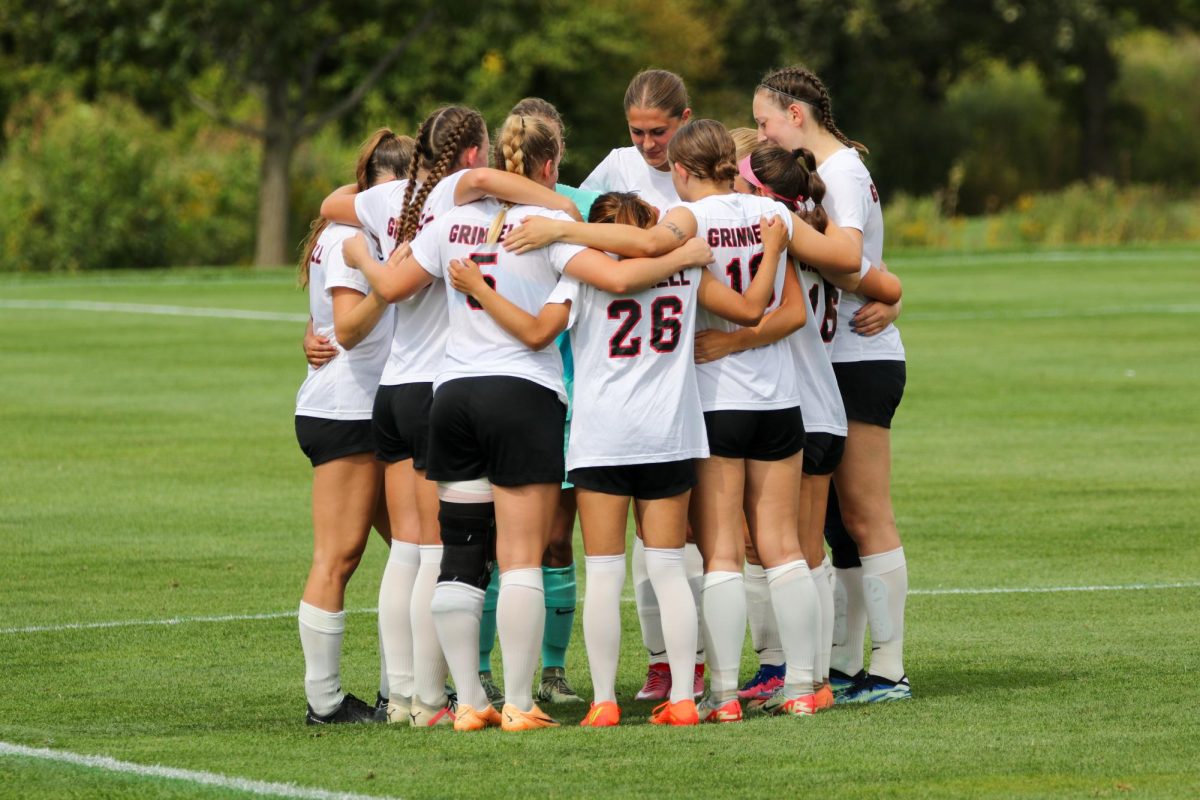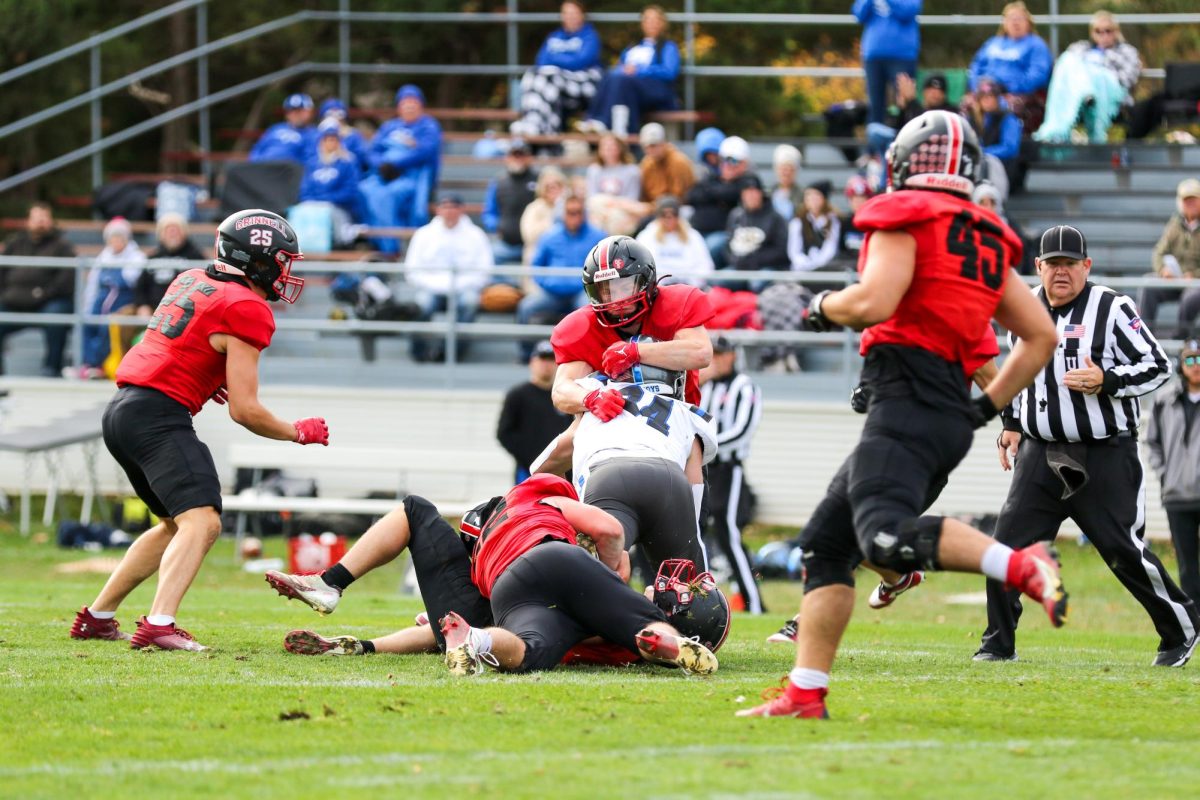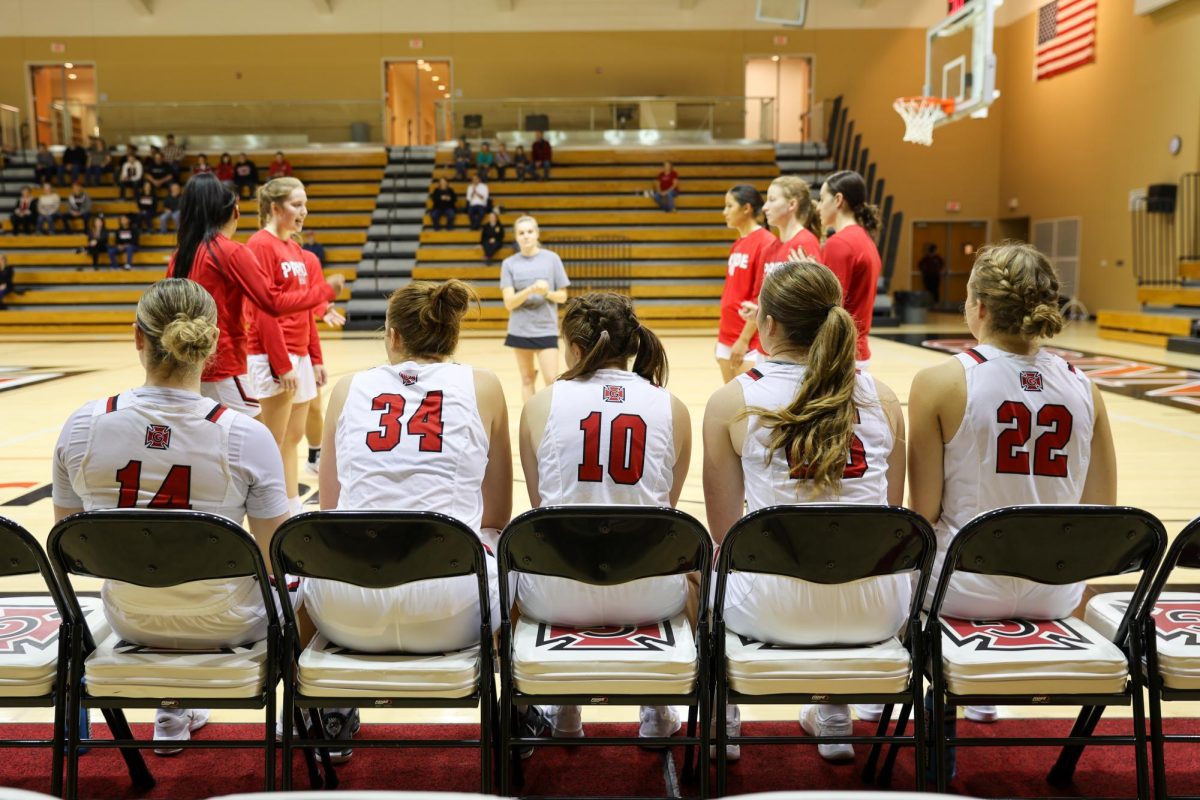
“We can’t have the inmates running the prison.” These were the words of Bob McNair, longtime owner of the Houston Texans, at a recent meeting between NFL owners and Commissioner Roger Goodell.
The meeting, which was meant to address the proliferation of player protests during the playing of the national anthem before football games, produced no tangible course of action to either curb or sanction such protests. McNair’s comments, however, soon became a major headline, with many NFL players, fans and athletes outraged at his comparison of players to prisoners.
Multiple players from the Texans reportedly left their practice facility upon hearing their owner’s comments, while others acknowledged that the team would have to consider some form of protest as a response. Fellow athletes took to social media to voice their displeasure with McNair’s sentiments and his mere presence in the American sports landscape.
It is must be acknowledged that McNair’s comments are incredibly problematic, if not outright irredeemable, and as such, the anger amongst players is completely justified.
For one, the NFL has always operated as a historically Black league. In this sense, by drawing the comparison (whether intentionally or unintentionally) between Black players and an American prison system which incarcerates, oppresses and degrades Black people at astronomically high rates, McNair displayed an ignorant disregard for the racialized nature of his comments. In more grounded terms though, McNair’s player-to-prisoner comparison is the continuation of a rift between players and management in nearly all sports, which exacerbates inherently existent financial and cultural divides between the two groups. In both senses, it is logical and understandable why McNair has been so widely condemned, and his character assassinated.
But is this a turning point for the politicization of the NFL, or rather a setback?
As opposed to writing McNair off as an evil man with evil intentions, we need to try and understand where he, as well as the many fans and Americans who accepted his apology or agree with the gist of his sentiment, are coming from. This is an unfair proposition, but ultimately a necessary step; after all, criticizing someone’s point effectively involves understanding how and why they crafted it.
The phrase that McNair seems to be attempting to use was “we can’t have inmates running the asylum,” which, although also not great optically, has an altogether different tone than his evocation of prisoners. Furthermore, McNair was discussing a situation in which employees were seemingly being allowed to dictate the actions of their employers — this doesn’t excuse his use of a lazy analogy, but it also makes his choice of words (minus “inmates”) not altogether illogical.
While these characterizations may come from a place of socially motivated righteousness and kind-hearted intent, their impact often serves to strengthen political divides as opposed to bridging them.
Isn’t it possible that for fans who might struggle to pay their rent to see handsomely paid athletes refusing to stand for the anthem — something that to them, represents connections to fallen soldiers or an integral part of their American identity — is infuriating? Of course, it can be argued (in many cases quite effectively) that people like this are missing important cultural or historical understanding that would allow them to empathize with the fact that American identity is an experience that vastly differs for minorities in this country.
But not everyone is afforded the opportunity and privilege of education, the gift of compassion or the valuable tool of context. Calling people names, even if such names might be applicable, only causes them to shut down, making meaningful listening and learning impossible.
As such, instead of calling people like Bob McNair out, we need to bring them in. We need to listen to them and talk to them, in hopes that they too can understand why their words or actions cause consternation, anger and above all else, pain.
This is a wholly unfair and unsatisfying task, as it asks the oppressed to understand their oppressors and the recipients of hateful speech to respond with eloquence. But, in some ways, that is what the fight for social justice and equality is: the continued confrontation of unfairness and hatred with love and kindness.
This is the response that NFL players can hopefully begin to exhibit, and, in doing so, they can help to shape a world where education does more good than condemnation.



